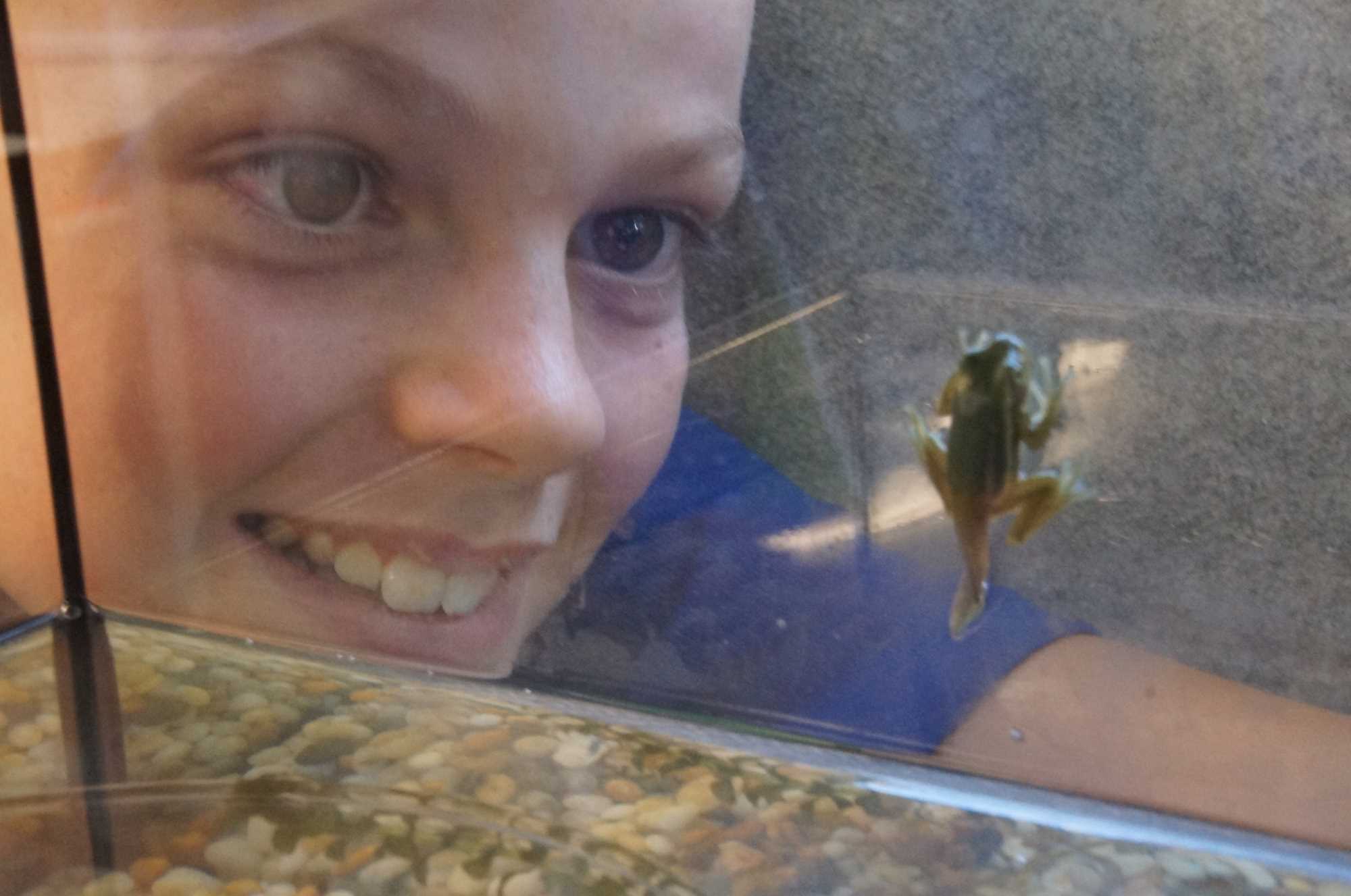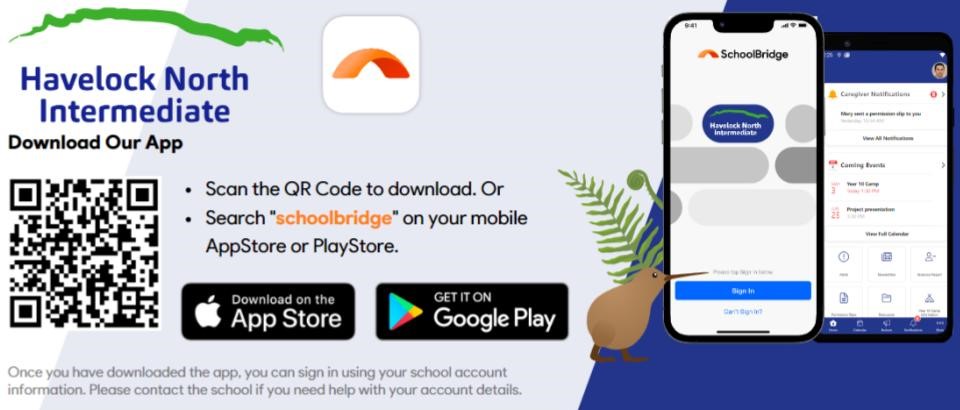
COMMUNICATION
We use the following methods as our goal is to achieve strong communication and genuine consultation with all school parties:
- Weekly ' Week Ahead' emails from teachers advising of learning focus, upcoming events and activities, and details of home learning requirements
- Facebook: celebrates the vibrant community we have at HNI and highlights students' success in learning, sports and cultural activities
- School App - SCHOOLBRIDGE
- Oral and written reports to parent/caregivers - 2 x yearly
- School Community/House Meetings
- Sporting, Social and Cultural events throughout the year
- School Community Surveys - Māori Consultation
- Community Health Survey - From time to time, emails are sent from the office to all families as important issues arise
We know that strong, positive communication between school and home is a very important factor in student engagement with our school community and in progressing their learning. We invite you to talk with us about your child at any time. We acknowledge that you know your child better than anyone, and we are keen to understand from you how they learn and what they do well, in addition to how we might support and challenge them.
Guidelines for Informal Complaints or Queries
The following is a reminder of the ways to best communicate with school staff in relation to your child. For administration support, please contact the school office directly via phone or email.
Step 1: Contact the class teacher by note, email, or by phone to make a time to discuss either in person or over the phone if suitable to do so. What's most important, is finding a way to communicate that is timely
Step 2: The Dean, or Deputy Principal, and then if you feel it necessary, the Principal
Step 3: School Board (use School Docs to follow the correct procedure for formal communication)
Our primary goal is to create the best learning environment for the students of our school. We encourage open communication and prefer that parents come to us to talk through a problem rather than discuss it in the community.
If an informal meeting does not resolve your concern or complaint, you can make a formal complaint.
The school monitors and records any concerns about student safety.
HNI School Policies | Report an Absence | Facebook
Havelock North Intermediate School, Nimon Street, Havelock North 4130
Phone 06 877 8039 Email admin@hni.school.nz

 Admin Login
Admin Login